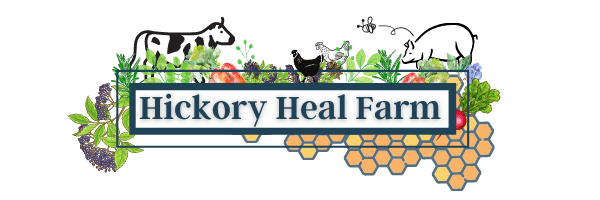The elder leaf is exceptionally potent medicine, especially for viral pathogens. Decocted and then tincture according to Stephen Buhner’s Herbal Antivirals: Natural Remedies for Emerging & Resistant Viral Infections book.
Sambucus nigra L. ssp. canadensis, Elder Leaf Decoction: Elder Leaf, Elderflower and Elderberry are both exceptional allies during colds, flu, and respiratory infections due to their diaphoretic and antiviral actions. Taken as a hot tea (or tincture), elderflowers move energy and qi outward by stimulating circulation and promoting sweating, removing toxins from the body and reducing fever after its work of killing pathogens is done. Elderflower is also anti-inflammatory, anti-catarrhal and expectorant, and helps in cases of colds, sinusitis, and sinus allergies to reduce inflammation of sinus tissue and allow for the movement of congestion. Research reviewed by Ulbricht et al. (2014) suggests that “herbal preparations containing elder may result in less swelling of mucus membranes, better drainage, milder headache, and decreased nasal congestion.” Elderberry is also effective for coughs and congestion associated with lower respiratory viral infections, promoting expectoration of mucus associated with bronchial infections. The CG’s are evaporated from the Elder Leaf after 30 minutes of boiling (decoction) by Buhner. My Elder Leaf decoction came to a boiling point and then simmered for an hour.
Elderberry has anti-inflammatory activity and appears to act as an immunomodulator. The term immunomodulator basically means a substance that the body uses to increase production or decrease production aspects of the immune system as needed.
Like most herbs that have a measurable influence on the immune system, elderberry’s role is actually multifaceted. This is especially true when it comes to elderberry and the immune system’s cytokine production. According to herbalist Stephen Harrod Buhner, in his book Herbal Antivirals: Natural Remedies for Emerging and Resistant Viral Infections, Elderberry,
“…tends to act in the body as a cytokine modulator; it increases the body’s production of IL-10 if it is taken during an infection, downregulating the levels of other cytokines as necessary, but if taken early in the disease process it inhibits viral upregulation of IL-10 and increases antiviral cytokine production and activity.” (p. 166)
https://www.ncbi.nlm.nih.gov/pmc/articles/PMC97764/
https://www.ncbi.nlm.nih.gov/pubmed/28555385
https://www.ncbi.nlm.nih.gov/pmc/articles/PMC5372600/
15 ML $9.95


















Reviews
There are no reviews yet.